
Lys Assia was a Swiss singer who won the first Eurovision Song Contest in 1956. Assia was born in Rupperswil, Aargau, and began her stage career as a dancer, but changed to singing in 1940 after successfully standing in for a female singer.
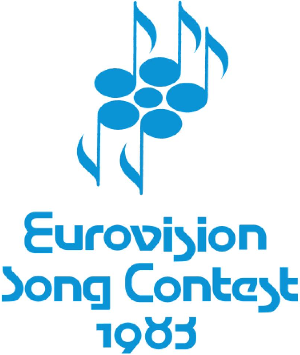
The Eurovision Song Contest 1983 was the 28th edition of the annual Eurovision Song Contest. It was held in Munich, West Germany, following the country's victory at the 1982 contest with the song "Ein bißchen Frieden" by Nicole. Although this was Germany's first victory, 1983 was the second time Germany had hosted the contest, having previously done so in 1957. Organised by the European Broadcasting Union (EBU) and host broadcaster Bayerischer Rundfunk (BR) on behalf of the Arbeitsgemeinschaft der öffentlich-rechtlichen Rundfunkanstalten der Bundesrepublik Deutschland (ARD), the contest was held at the Rudi-Sedlmayer-Halle on 23 April 1983 and was hosted by German dancer Marlene Charell.
Germany debuted in the Eurovision Song Contest 1956, held on 24 May 1956 at the Teatro Cursaal in Lugano, Switzerland. Nord- und Westdeutscher Rundfunkverband (NWRV), on behalf of ARD, organised a national final held on 1 May 1956 to determine two German entries for the contest. The results were determined by a jury panel. The songs "Das Lied vom großen Glück" by Walter Andreas Schwarz, later known as "Im Wartesaal zum großen Glück", and "So geht das jede Nacht" by Freddy Quinn were selected to represent the nation. German entries performed fourth and eleventh, respectively, out of the 14 entries competing in the contest.
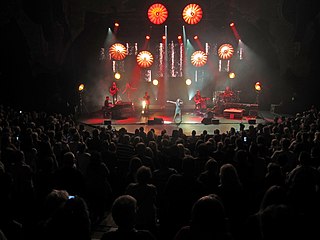
Schlager is a style of European popular music generally defined by catchy instrumental accompaniments to vocal pieces of pop music with simple, easygoing, and often sentimental lyrics.

Lale Andersen was a German chanson singer-songwriter born in Lehe. She is best known for her interpretation of the song Lili Marleen in 1939, which by 1941 transcended the conflict to become World War II's biggest international hit. Popular with both the Axis and the Allies, Andersen's original recording spawned versions, by the end of the War, in most of the major languages of Europe, and by some of the most popular artists in their respective countries.

Dieter Bohlen is a German songwriter, producer, singer and television personality. He first achieved fame as a member of the pop duo Modern Talking in the 1980s, and has since produced numerous German and international artists. He is also a judge on casting shows Deutschland sucht den Superstar and Das Supertalent.
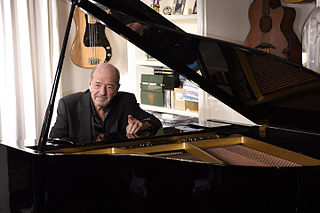
Ralph Siegel is a German record producer and songwriter. Siegel is one of the most notable figures at the Eurovision Song Contest, in which he has participated with 24 songs so far, among them the 1982 winner song Ein bisschen Frieden.
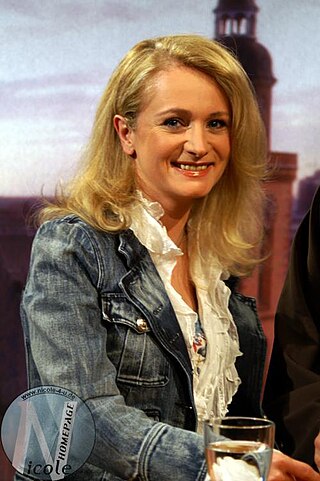
Nicole Seibert, known professionally as Nicole, is a German singer, songwriter, musician and producer. In 1982, she became the first German representative to win the Eurovision Song Contest. She has released more than 25 studio albums and 80 singles, some of which she performed and recorded in, among other languages, English, Dutch, and French. She wrote the music and lyrics for some of her recordings.
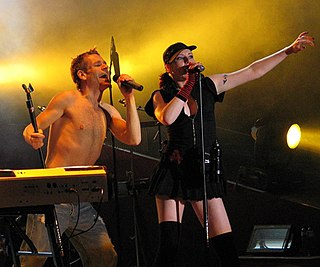
Rosenstolz was a German pop duo from Berlin that was active between 1991 and 2012 and had chart hits in Germany, Austria and Switzerland. The duo consisted of singer AnNa R. and musician Peter Plate, who occasionally provided vocals. Rosenstolz achieved major chart success after the nineties, with five studio albums going to No. 1 in the German albums chart. Although the duo split up to pursue separate music careers, they left open the possibility of a future reunion.

Roger Marcel Cicero Ciceu was a German jazz and pop musician.
Germany participated in the Eurovision Song Contest 1999 with the song "Reise nach Jerusalem – Kudüs'e Seyahat" written by Ralph Siegel and Bernd Meinunger. The song was performed by the group Sürpriz. The German entry for the 1999 contest in Jerusalem, Israel was selected through the national final Countdown Grand Prix 1999, organised by the German broadcaster ARD in collaboration with Norddeutscher Rundfunk (NDR). The national final took place on 12 March 1999 and featured eleven competing acts with the winner being selected through public televoting. "Hör den Kindern einfach zu" performed by Corinna May was originally selected as the German entry for Jerusalem after gaining 32.6% of the votes, however the song was disqualified for having been released in 1997 by another act and replaced with runner-up "Reise nach Jerusalem – Kudüs'e Seyahat" performed by Sürpriz.
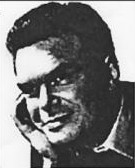
Walter Andreas Schwarz was a German singer, songwriter, writer, Kabarettist, translator, author and narrator of audiobooks and radio dramas. In 1956, he became the first German participant at the Eurovision Song Contest.

Mary Roos is a German singer and actress.
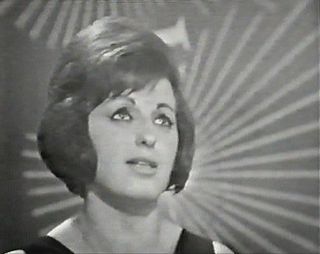
Ulla Wiesner is a German singer who was active from 1963 to 2002.
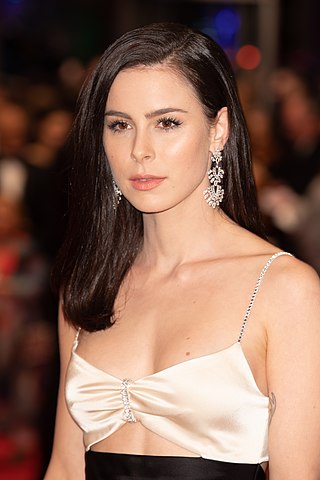
Lena Johanna Therese Meyer-Landrut, also known by the mononym Lena, is a German singer. She rose to fame after representing Germany in the Eurovision Song Contest 2010 in Oslo, winning the event with the song "Satellite". Both "Satellite" and her debut album My Cassette Player (2010) debuted at number one in Germany and became platinum sellers. With her three entries from the German national final Unser Star für Oslo, Meyer-Landrut set an all-time chart record in her home country by debuting with three songs in the top five of the German Singles Chart. She represented Germany for the second consecutive time in the Eurovision Song Contest 2011 in Düsseldorf with the song "Taken by a Stranger", finishing in tenth place.
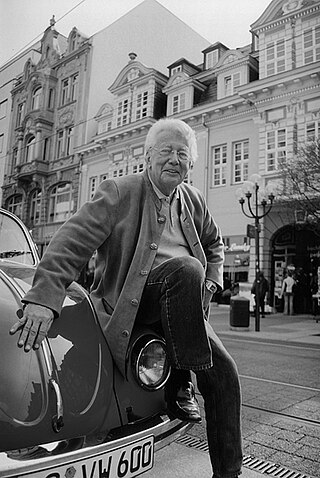
Dieter Thomas Heck was a German television presenter, singer and actor. He is known as the presenter of the popular TV program ZDF-Hitparade, featuring German Schlager music, from 1969 to 1984, reaching millions of people. As an actor, he starred in the TV play Das Millionenspiel in 1970.

Roman Lob is a German singer-songwriter. In January and February 2012, Lob was a contestant in the German TV show Unser Star für Baku, produced by the German broadcasting stations Pro7 and Das Erste. He is also the lead singer of the band Rooftop Kingdom, an alternative rock band with origins in Neustadt (Wied). He was also a founding member of German Metalcore band, Days of Despite.

Elaiza is a German band from Berlin that represented Germany in the Eurovision Song Contest 2014 in Copenhagen, Denmark, with their song "Is It Right". The leader of the group is Elżbieta "Ela" Steinmetz. She was born in Ukraine and is of mixed Polish and Ukrainian origin as her mother comes from Poland and her father is from Ukraine. This cultural background is reflected in the sound of her songs.
"Blood & Glitter" is a song by German gothic metal band Lord of the Lost. It was released on 24 December 2022 through Napalm. The song represented Germany in the Eurovision Song Contest 2023 in Liverpool after winning Unser Lied für Liverpool, Germany's national final, and finished in last position.

Marie Reim, born Marie-Louise Oberloher, is a German schlager singer.

















